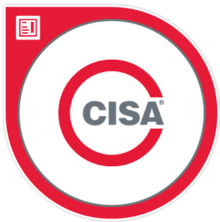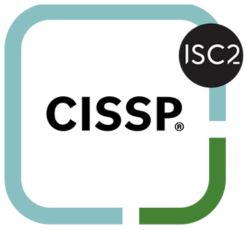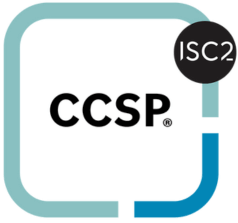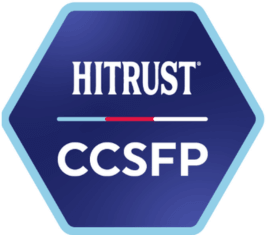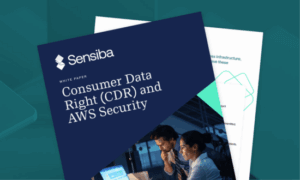NIST Compliance Services
Complying with National Institute of Standards and Technology (NIST) guidelines is essential for companies working with the U.S. government and, increasingly, their business partners. NIST establishes standards and best practices to promote cybersecurity for companies across industries.
We help organizations embrace NIST compliance to protect their critical systems and data against evolving threats while satisfying regulatory and contractual expectations.

Our NIST Approach
Collectively, the NIST cybersecurity standards provide a flexible approach that can meet the specific needs of organizations of any size, in any industry. As experienced cybersecurity professionals and advisors, our team collaborates with organizations to evaluate their compliance with the chosen NIST frameworks. We can also help them protect critical data and support organizational goals by integrating NIST compliance with other standards into a comprehensive cybersecurity risk management initiative.
Deep Expertise
Customized Approach
Standards Alignment
Efficient and Transparent
What Are the NIST Standards?
NIST has developed several standards to help organizations improve their cybersecurity posture and manage risk. The leading frameworks include:
NIST Cybersecurity Framework (CSF) 2.0
NIST Risk Management Framework (RMF)
NIST 800-171
NIST 800-53
NIST-AI-600-1
Frequently Asked Questions
What Is NIST?
What’s Involved in a NIST Compliance Audit?
Is NIST compliance mandatory?
Why choose Sensiba?
Let's talk about your project.
Enhance your cybersecurity risk management by leveraging the powerful guidelines within the NIST frameworks. Contact us today to learn more about improving your security posture and streamlining your compliance efforts.
